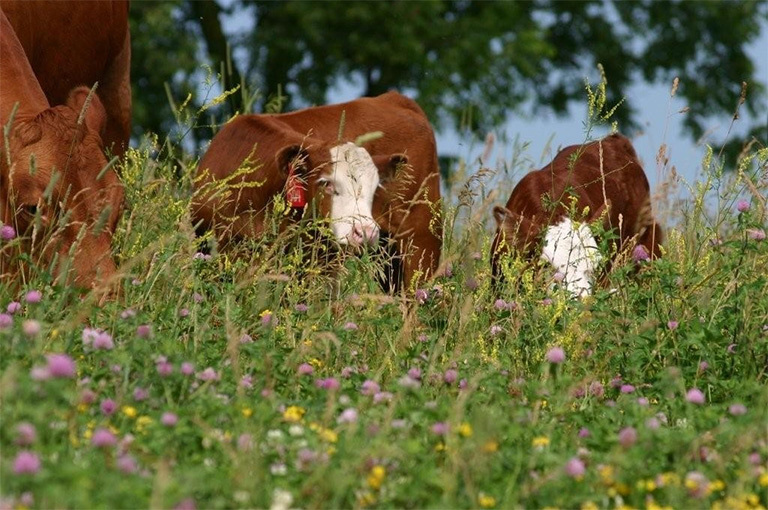Every year, nations around the world are spending $1.8tn subsidising activities – including factory farming – that is destroying the environment, according to new research recently released.
The report, called Protecting Nature by Reforming Environmentally Harmful Subsidies and produced by subsidies experts Doug Koplow and Ronald Steenblik, found that governments worldwide are supporting industries and practices that are having significant effects on the natural world, including deforestation, biodiversity loss, water pollution, and huge volumes of Co2 emissions.
Destructive intensive farming
Of the $1.8 trillion a year, $520bn is spent on agricultural activities like intensive farming that causes extreme soil degradation, pollution, greenhouse gas emissions, and the destruction of native ecosystems.
If we want to protect our Earth’s future, we can’t keep exploiting our resources and poisoning our environment.
Instead of spending money on agricultural practices that harm nature, it’s time for governments around the world to invest in farming methods that are regenerative, ecological, and nature-friendly.
This means getting animals out of factory farms and onto the land; minimising the use of harmful pesticides and synthetic fertilisers; maintaining high welfare standards for farmed animals, and using farming methods that work in harmony with local ecosystems.
Peter Stevenson, our Chief Policy Advisor
A new way forward
The report calls on governments around the world to use key global events such as the UN Convention on Biological Diversity and the G20 to pledge a new way forward with targets and policies that will put an end to environmentally harmful subsidies. This includes a target of redirecting, repurposing, or eliminating these subsidies by 2030.
If we invest in farming methods that work in harmony with nature rather than against it, we will produce more nutritious food, feed more people around the globe, and end factory farming’s contribution to climate change, biodiversity loss, and deforestation. It’s time we take the bold steps needed to protect the earth for ourselves, and for all the generations to come.
Peter Stevenson, our Chief Policy Advisor
Read more about how destructive factory farming is.
